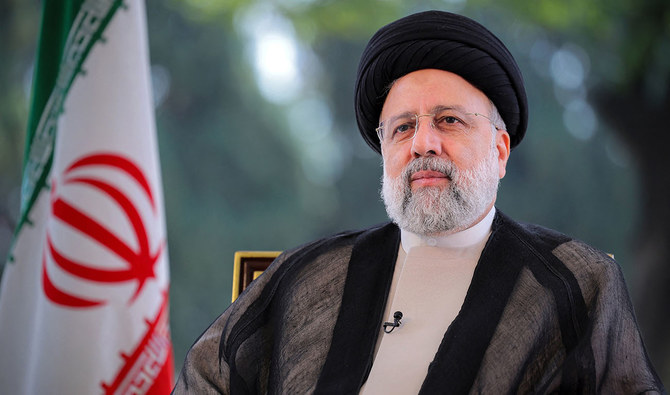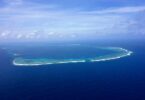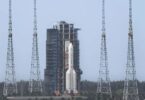Iranian President Ebrahim Raisi’s recent visit to Pakistan marks a significant milestone in the burgeoning relationship between the two neighboring countries. His trip, characterized by high security and consequential discussions, aimed at fostering a deeper partnership through shared expertise in industry, science, and technology.
This visit underscores a mutual aspiration to transcend geopolitical complexities and leverage economic and cultural synergies for regional prosperity. During his speeches in Lahore and Karachi, President Raisi articulated a vision of collaboration that could reshape the economic landscape of both nations. His emphasis on overcoming “unfavourable conditions” to achieve technological and scientific advancements is not merely rhetoric but a call to action for Islamabad. The proposed increase in trade volume to $10 billion over the next five years reflects an ambitious commitment to elevate bilateral ties to unprecedented levels.
However, the logistical challenges posed by the visit, such as the suspension of cellular services and the disruption of normal life in Karachi, highlight the delicate balance between security and public inconvenience. While security is paramount, the extent of disruption calls for a reevaluation of protocol to minimize impact on the daily lives of citizens in future engagements.
Moreover, the strong political statements made during the visit, including President Raisi’s comments on geopolitical issues and the praise for Pakistan’s stance against “Zionist forces,” are indicative of the deeper political and ideological currents that influence these bilateral relations. These statements, while resonating with certain domestic and international audiences, also draw attention to the intricate dance of diplomacy and domestic politics that both nations must navigate.
The US State Department’s caution regarding potential sanctions related to dealings with Iran adds another layer of complexity. This underscores the broader implications of Pakistan-Iran economic cooperation, suggesting that while both countries are eager to forge ahead, external pressures and geopolitical realities cannot be ignored.
President Raisi’s visit is a testament to the potential for a strengthened Iran-Pakistan axis that could serve as a cornerstone for peace and development in the region. It also serves as a reminder of the challenges that lie ahead in actualizing the full potential of this partnership. Moving forward, both Islamabad and Tehran will need to craft careful, strategic approaches that not only respect their respective national interests but also contribute to the stability and prosperity of the region. In essence, this visit could well be the herald of a new era of cooperation, with both nations standing to gain immensely from a fortified alliance.
However, the path ahead will require diplomatic finesse, strategic patience, and an unwavering commitment to mutual benefits. The leadership on both sides must now work diligently to turn these high-level discussions into tangible outcomes that can withstand the pressures of international scrutiny and domestic expectations.







